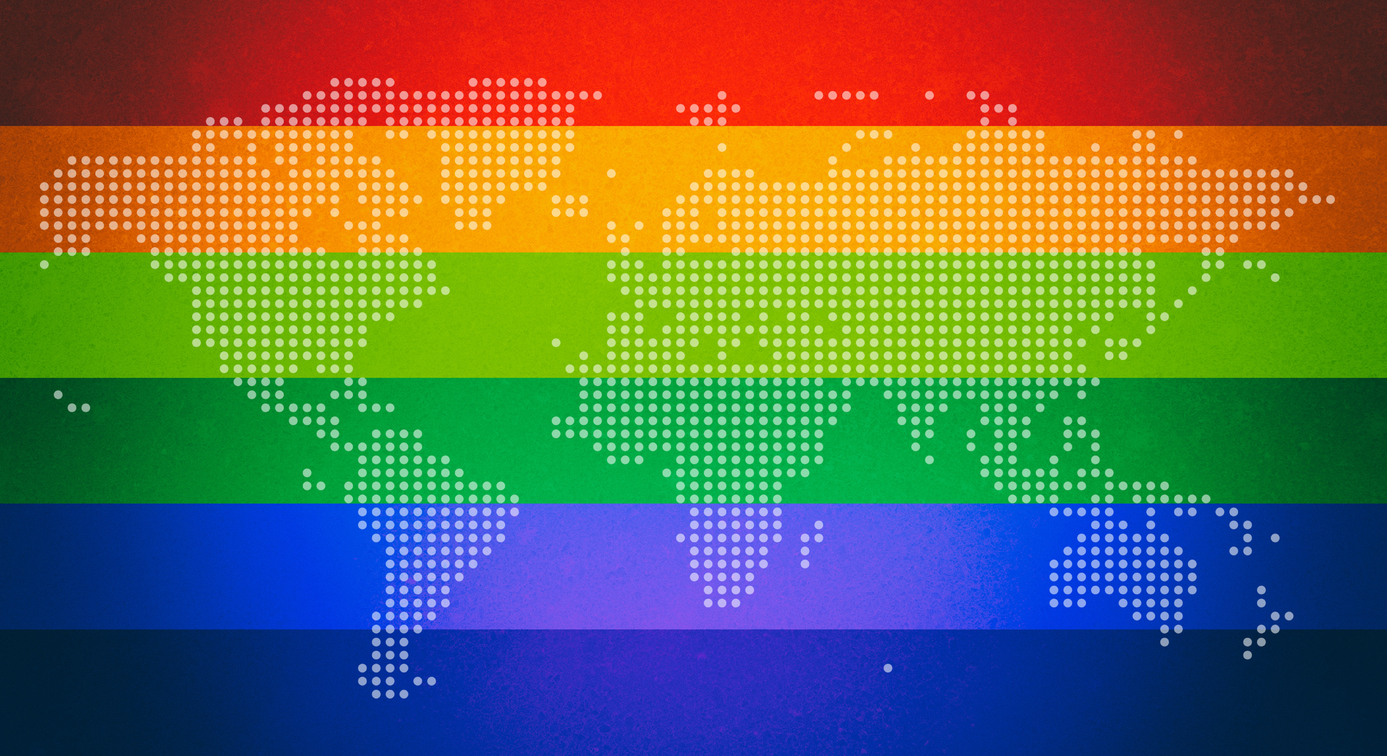One of the three founders of Motherlode, Leah Roh, did, however, explain to me, “Motherlode is currently developing a virtual reality series titled Pillow Talk, a three-part computer-generated experience exploring topics that are systematically excluded from sex-education curricula, such as sexual orientation and gender identity, consent and communication, and masturbation.”
Using virtual reality, Motherlode is creating a space for women to embrace their sexual identity as well as to (re)educate women who didn’t receive proper sexual health information growing up.
“As a member of the LGBTQ community, founder Isa Ghaffari, like many, was taught under a stale, traditional sex education curriculum [and] felt pigeonholed,” Roh continued, explaining that her “preferences and identity were not mentioned, nor encouraged, in the way that safe sex practices between cis/hetero interactions were.” Hence why Motherlode is working on a project, Lube River, which invites people “of all sexual and gender identities to explore and celebrate self-pleasure and sex toys in a safe, intimate environment.”
Anshul Pandey is the Co-founder and Chief Technology Officer for Accern, a predictive analytics startup that offers data consolidation services for the financial services industry.
He explained how his experience as a Ph.D. candidate in data science at New York University led him to where he is today: “My research explored the application of data technologies for human rights and social activism alongside organizations like The United Nations and Human Rights Watch,” he told the LGBT Foundation.
In his work with the United Nations, Pandey helped create an algorithm to scan social media and local news chatter for the first signs of human rights crises: “The goal was to better connect the communities of an area with resources that they needed. The project not only identified first signs of natural disasters but also identified human rights crises, like areas where rape or abduction were more prevalent, that were then able to be addressed by the proper advocacy groups of the area.”
The issues Pandey ran into weren’t with the technologies themselves. “The way social media is today, I can plug in a very simple extraction of a place like Haiti, and get a top-level understanding of what their problems are.” The issues stem from the disconnect between technology and policymakers, as well as getting the emerging technologies to the larger organizations who can best utilize them to benefit marginalized groups.
“One of the biggest blockades of technology reaching the people who need to be helped isn’t because the technology isn’t available or advanced enough,” he says, “but often because the decision and policy makers are not functioning on the same speed of the developers and recipients of the technology.”
